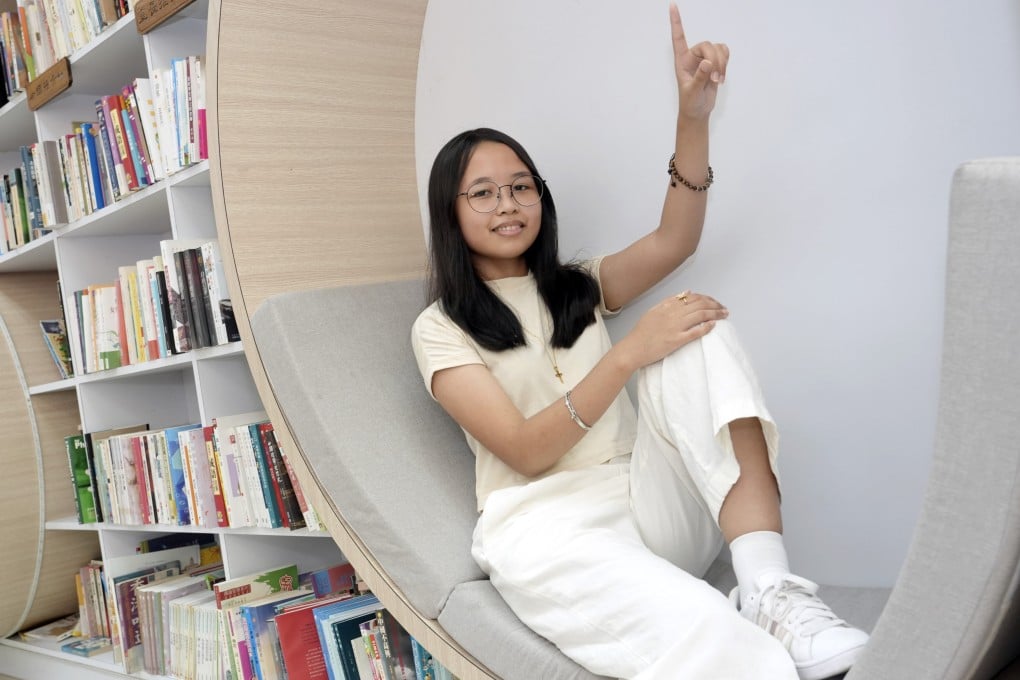2 Hong Kong pupils from ethnic minority groups set for university after strong DSE scores
- Angela Cabido Dela Cruz and Scott Norton surmount racism and identity issues to attain strong grades, will pursue biomedicine or nursing degrees

Angela Cabido Dela Cruz, an 18-year-old Filipino born in Hong Kong, has expressed relief over her results in the Diploma of Secondary Education (DSE) exams, which can secure her a university place in the city to study biomedicine or nursing.
The student from the Hong Kong Taoist Association The Yuen Yuen Institute No 3 Secondary School in Tseung Kwan O obtained a score of 21 across five subjects and was among hundreds of pupils from ethnic minority groups who took this year’s exams.
“I want to be able to contribute to the world in some way. That way can be either through scientific research for the benefit of the future, or through nursing, taking care of others,” she said.
Wednesday saw about 49,000 day-school and private candidates across Hong Kong receive their results, with 39,300 competing to study at the city’s eight publicly funded universities through the Joint University Programmes Admissions System (Jupas).

Among DSE candidates from ethnic minority groups, only 12 per cent secured a government-funded place in the eight public universities, compared with the 25 per cent recorded for students from the majority Chinese population.
